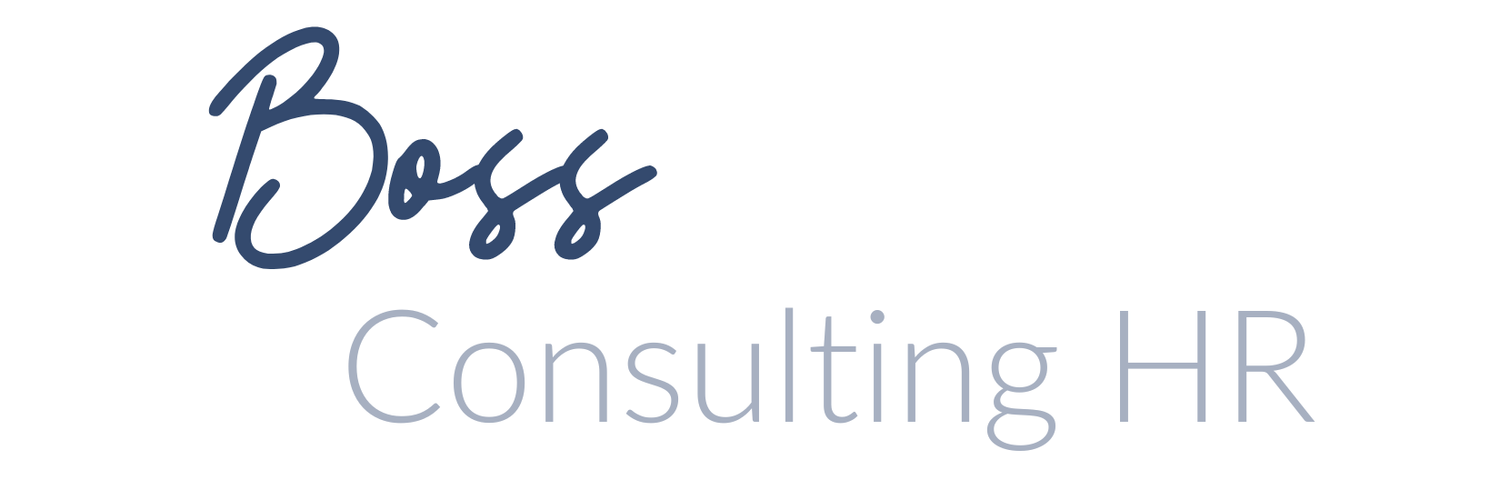I Don’t Know What You Did Last Summer: How Concerned Should You Be About Gaps in a Resume?
There was a time, not so long ago, that an unexplained year off in a resume would be enough to move a candidate into the rejection pile. In fact, a study conducted by ResumeGo.net in 2019 found that applicants who had gaps in their work history had a 45% lower chance of receiving an interview request than those who did not. After all, why take a risk on someone who may be lazy or unmotivated in their career when you could hire a candidate who's been a more consistent member of the workforce?
Nowadays though, as we move through a labor shortage, it may be time to reconsider whether this stigma is something that is causing employers to miss out on valuable candidates in a time when they are in short supply.
It tends to be that the best practice when faced with an otherwise great resume that contains a significant gap or multiple significant gaps, is to ask the candidate directly about it. Most of the time, there is an explanation, such as the birth of a child, a medical condition, a layoff, or something of the like.
It is also important to keep in mind that work culture is slowly but steadily moving toward more flexibility and work-life balance. Breaks from the working world for non-traditional reasons such as travel, relaxation, or re-evaluation can be positive developmental experiences that can make candidates even more motivated upon re-entry into the workforce.
If the events of the last year have taught us anything, it is that sometimes there are situations in life that warrant the need for flexibility in one’s working life. As we all adjust to the “new normal,” it is important to allow for humanity in your hiring practices. Giving a chance to a candidate who you may not have a couple of years ago could be the best thing that ever happened to your company, and could mitigate some of the hiring difficulties that almost all businesses are experiencing during this time period.

